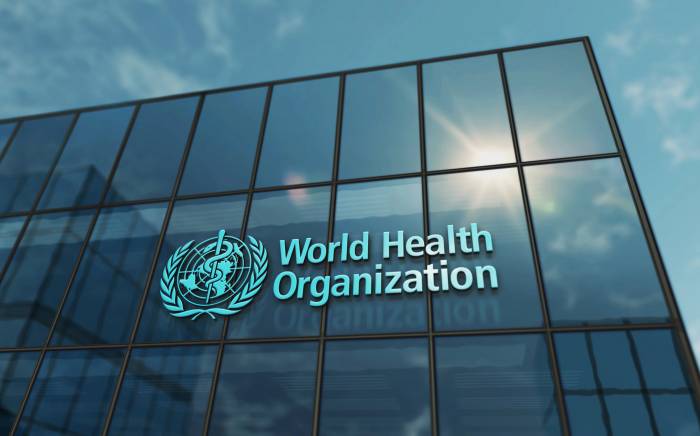WHO and Industry Clash Over Alcohol Risks
Lobbying efforts soften proposed global restrictions while public health concerns and shifting attitudes drive calls for stronger regulation
2025-09-30

The World Health Organization’s recent statement that there is no safe level of alcohol consumption has sparked strong opposition from the global alcoholic beverage industry. The debate intensified this summer as the WHO pushed for stricter controls on alcohol in a new United Nations health agreement. The first draft, released in May, included proposals to raise taxes on alcohol and restrict its availability. However, after months of lobbying by industry groups—including brewers in Belgium, tequila producers in Mexico, and major companies like Heineken—these measures were softened. By September, the language had shifted to suggest that governments might “consider” such policies, depending on their national circumstances.
The WHO acknowledged that the process was heavily influenced by lobbying from the alcohol sector. Dag Rekve, a technical policy officer at the agency, told Reuters that the health risks associated with alcohol are “consistent and well documented” at the population level. Despite this, industry leaders continue to challenge these claims. Julian Braithwaite, chief executive of the International Alliance for Responsible Drinking, said that his organization wants to “take back control of the alcohol debate,” signaling a clear intent to shape public perception and policy.
Recent data from Scotland highlights both progress and persistent challenges in addressing alcohol-related harm. According to the National Records of Scotland, there were 1,185 alcohol-specific deaths registered in 2024—a 7% decrease from the previous year and the lowest total since 2019. Adjusted for age, this represents 20.9 deaths per 100,000 people, down from 22.5 in 2023. Men accounted for two-thirds of these deaths, with rates more than double those of women. The data also show stark inequalities: people living in Scotland’s most deprived areas were 4.5 times more likely to die from alcohol-specific causes than those in wealthier areas. Cities like Glasgow and Dundee continue to report mortality rates well above the national average.
Taxation and pricing policies remain central to government efforts to reduce alcohol harm. In England, authorities have relied on increasing duties on alcoholic beverages, while Scotland and Wales have implemented minimum unit pricing schemes. The results are mixed. Overall alcohol consumption is declining—especially among younger adults, with 43% of those aged 18 to 34 now abstaining—but death rates remain high. Critics argue that fiscal measures alone are not enough; while minimum unit pricing in Scotland reduced sales by about 3%, many problem drinkers continued buying alcohol despite higher costs.
Public attitudes toward alcohol are also shifting globally. A recent survey conducted across Brazil, Colombia, Mexico, Kenya and the Philippines found that 88% of respondents consider alcohol consumption a societal problem, with violence most often cited as a concern. Sixty-five percent agreed that higher taxes would reduce consumption, challenging decades of industry messaging against such measures. The survey also revealed that most people believe governments should address alcohol-related harms (79%), and many hold the industry responsible (62%). Awareness of industry interference in policymaking increased support for taxation.
Within this contentious landscape, some voices defend moderate drinking—particularly wine—as part of a healthy lifestyle. Dr Laura Catena, an Argentine physician and vintner, has launched a campaign called “In Defence of Wine.” She argues that credible scientific studies show moderate wine consumption can offer cardiovascular and metabolic benefits for people over 40. Catena says media coverage and WHO statements have overlooked this research by focusing only on negative outcomes. While she acknowledges that excessive drinking is harmful, she insists that balanced science should inform public debate. “Drinking in moderation makes you feel good,” Catena told trade publication The Drinks Business. “So I’m saying it is health neutral and pleasure positive.” For her, wine is not just an agricultural product but a cultural tradition deserving fair representation.
As governments weigh competing narratives from public health officials and industry advocates, decisions about how to regulate alcohol remain complex and contested. The outcome will shape not only public health policy but also cultural attitudes toward drinking around the world.
Founded in 2007, Vinetur® is a registered trademark of VGSC S.L. with a long history in the wine industry.
VGSC, S.L. with VAT number B70255591 is a spanish company legally registered in the Commercial Register of the city of Santiago de Compostela, with registration number: Bulletin 181, Reference 356049 in Volume 13, Page 107, Section 6, Sheet 45028, Entry 2.
Email: [email protected]
Headquarters and offices located in Vilagarcia de Arousa, Spain.